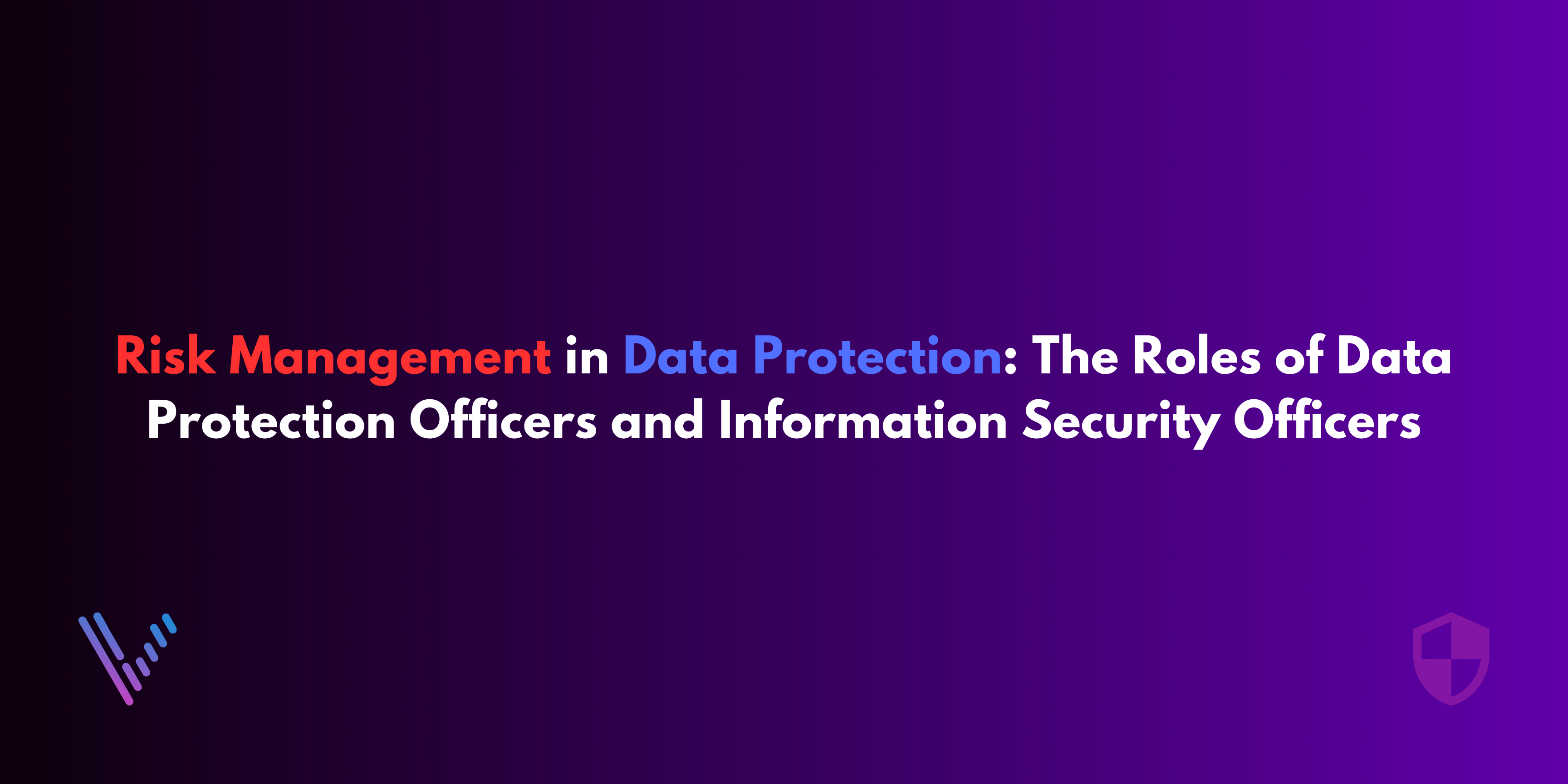Data Protection Officer (DPO)🔒: DPOs play a crucial role in risk management by ensuring compliance with data protection regulations like GDPR. They conduct Data Protection Impact Assessments (DPIAs) to identify and mitigate the risk of data breaches. DPOs also ensure the rights of data subjects are protected, thereby minimizing legal risks.
Information Security Officer (ISO)💻: ISOs manage risk by setting up robust information security programs. They protect data from cyber threats and ensure systems are resilient against attacks. ISOs focus on risk assessment, mitigation, and transfer, where they identify vulnerabilities, implement security measures, and establish disaster recovery plans.
Common Grounds & Differences🔑: While both roles focus on managing data-related risks, they approach it differently. DPOs primarily handle legal and privacy risks, educating the organization about data protection laws and ensuring compliance. ISOs focus on the technical and operational side, implementing security controls to manage cyber risks.
The collaboration of DPOs and ISOs provides a comprehensive approach to risk management, combining legal, privacy, and security perspectives. This collaboration ultimately helps to create a robust data protection strategy that safeguards your organization from all fronts.


Leave a Reply